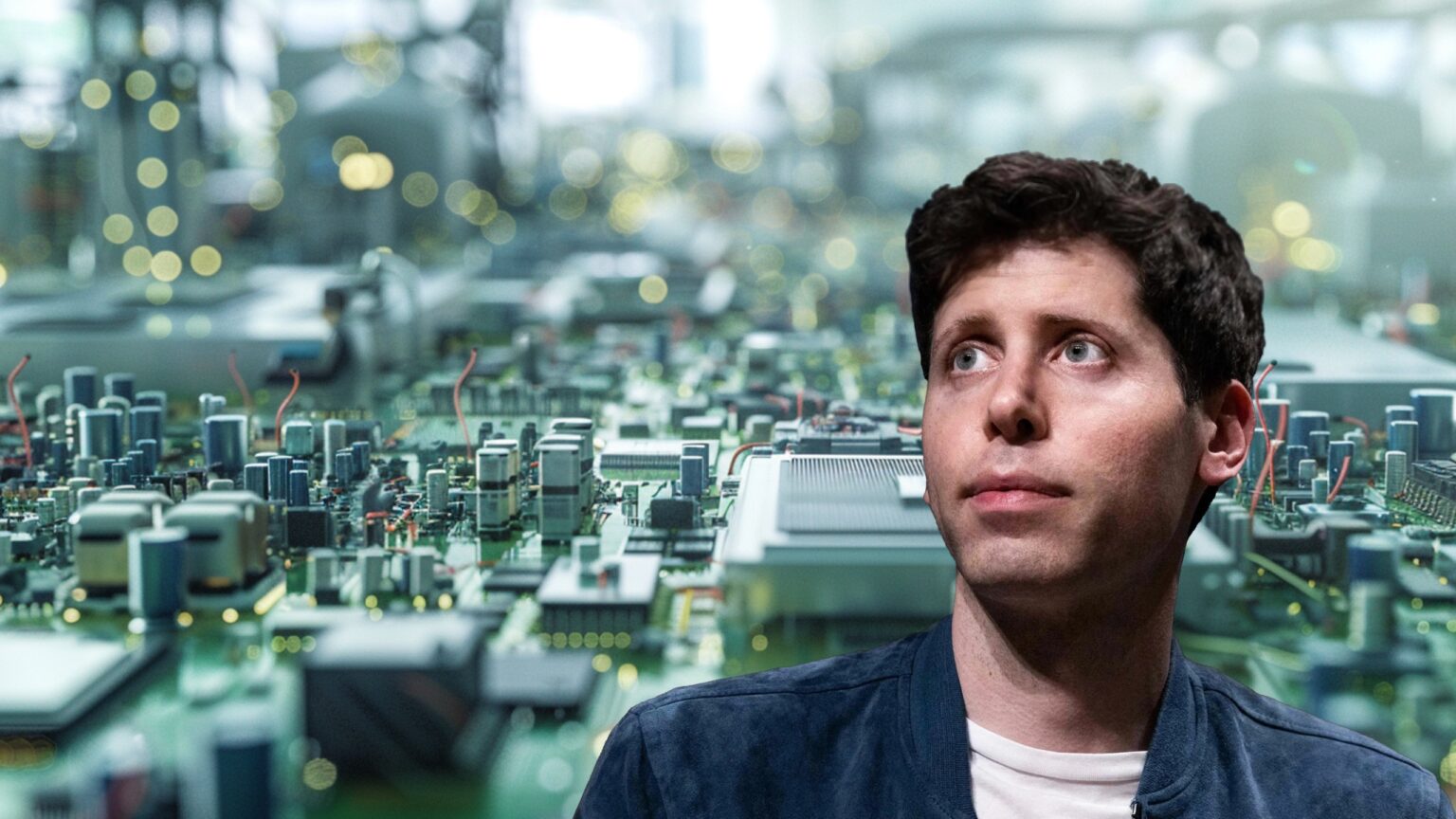OpenAI’s Sam Altman seeks US approval for a major AI chip manufacturing venture, facing potential national security and antitrust hurdles.
OpenAI CEO Sam Altman seeks to obtain a government license for his new AI chip business, which may give rise to antitrust and national security issues.
According to the story, which cited people familiar with the subject, Altman, who is purportedly working on a new venture that might increase global chip manufacturing, has informed prospective partners and investors that he can only proceed with approval from Washington.
SCOOP: @sama is seeking Washington’s blessing to spend billions on AI chipmaking
🔑 issues:
1. Security concerns re Middle East $/facilities —> export licenses + investment review
2. Antitrust risks w potential new firmw @EdLudlow @dinabass @GillianTan https://t.co/fhuw807GUp
— Mackenzie Hawkins (@mackhawk) February 16, 2024
Also Read: AI Tokens Hit New Highs as Investors Bet on OpenAI’s Sora
Advocating his AI agenda
After several trips to Capitol Hill to advocate his artificial intelligence (AI) agenda, Altman has become a familiar face in DC. He is trying to win over U.S. officials with a plan to accelerate semiconductor production with financing in part from the Middle East.
Sam Altman goes before US Congress to propose licenses for building AI https://t.co/NdiawpAwA4
— Jeff Bloom (@JJ_Bloom) May 16, 2023
Altman aims to raise billions of dollars to dramatically boost the world’s capacity to make modern computing chips, preventing a shortage he worries will interfere with the widespread deployment of AI and continued field development.
🔸 Altman Seeks to Raise Billions for Network of AI Chip Factories
OpenAI Chief Executive Officer Sam Altman, who has been working to raise billions of dollars from global investors for a chip venture, aims to use the funds to set up a network of…
— *Walter Bloomberg (@DeItaone) January 19, 2024
However, the primary manufacturers of these chips, Taiwan Semiconductor Manufacturing Co., Intel Corp., and Samsung Electronics Co., are possible partners for Altman’s effort. Altman has spoken with Middle Eastern sovereign wealth funds about potential investments, including from the United Arab Emirates.
Seeking US approval
Furthermore, Altman has expressed that cooperation with the U.S. government is crucial for obtaining approvals and determining the venture’s timeline and configuration. The CEO has also met with Commerce Secretary Gina Raimondo and is coordinating meetings with other authorities. Internal talks regarding OpenAI’s Middle East aspirations have also occurred among Commerce officials.
The company said in a statement that OpenAI has had productive discussions about increasing global infrastructure and supply chains for chips, energy, and data centers, which are crucial for AI and other industries that rely on them. They added that they will keep the U.S. government informed, given the importance of national priorities, and look forward to sharing more details later.
According to a Commerce representative, Raimondo talks with a broad range of business leaders, and the organization does not provide specifics of individual discussions.
Antitrust concerns
Altman’s aggressive fundraising campaign may violate Commerce Department restrictions on chip shipments to the Middle East. It may lead to a national security examination of foreign investment by a commission chaired by the Treasury Department.
Some of the people stated that Altman is also thinking about starting a new business and issuing stock in it, which might pose antitrust issues. This is one of the reasons the plan needs to be approved by the US government in order to proceed.
The Biden administration has raised concerns about so-called interlocking directorates, which occur when an individual holds an officer or board position at two businesses in direct competition. This is against U.S. law. It is still being determined whether OpenAI will financially support the new company or establish a formal partnership with it. If the new company aims to produce chips solely for OpenAI, antitrust investigators at the Department of Justice or the Federal Trade Commission would be concerned about Altman’s involvement.









 and then
and then